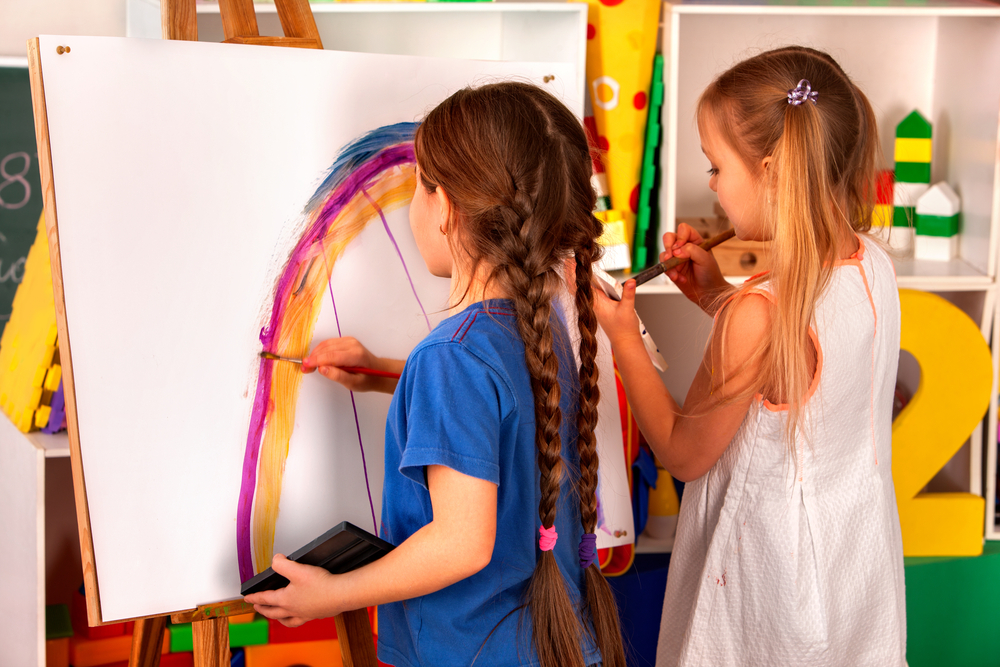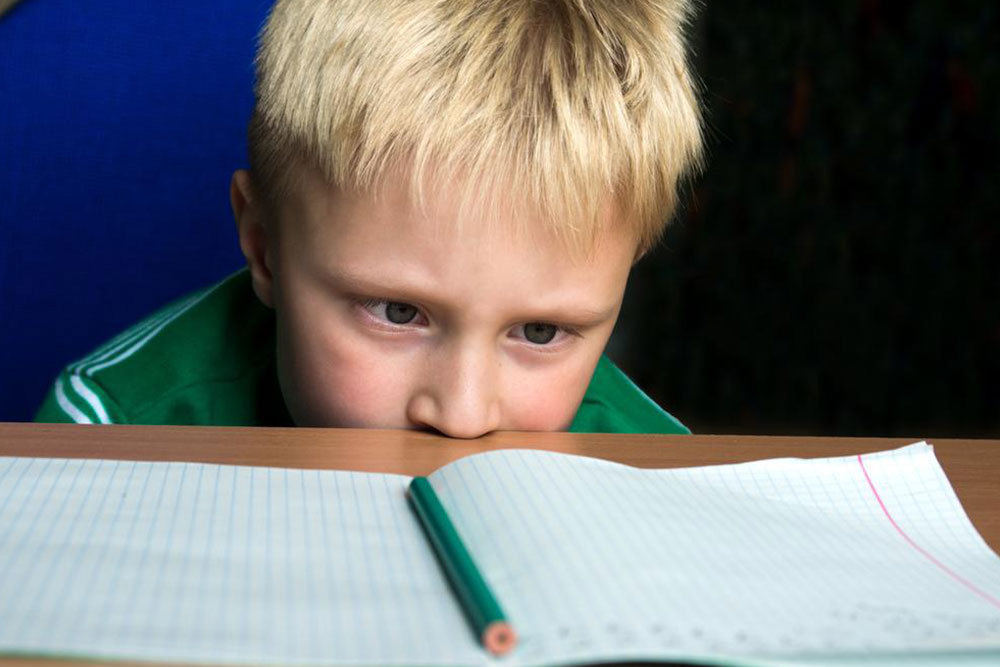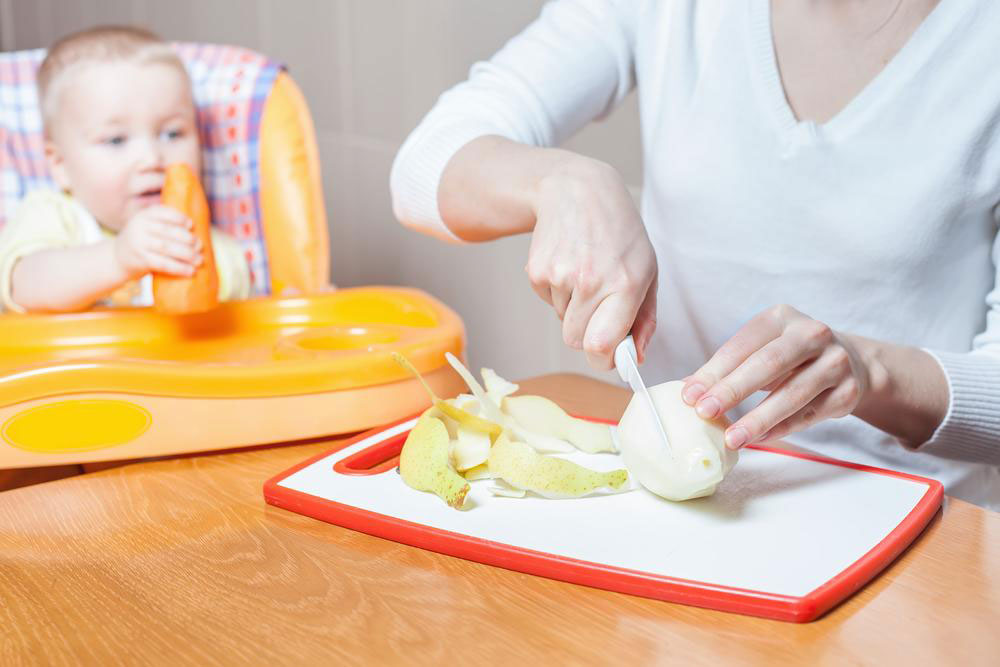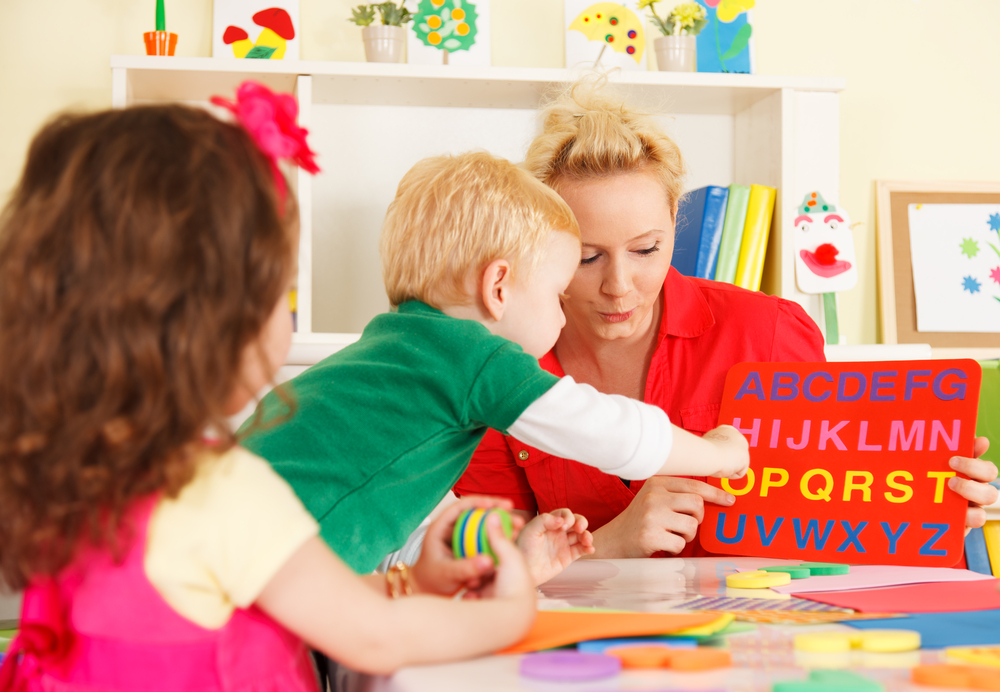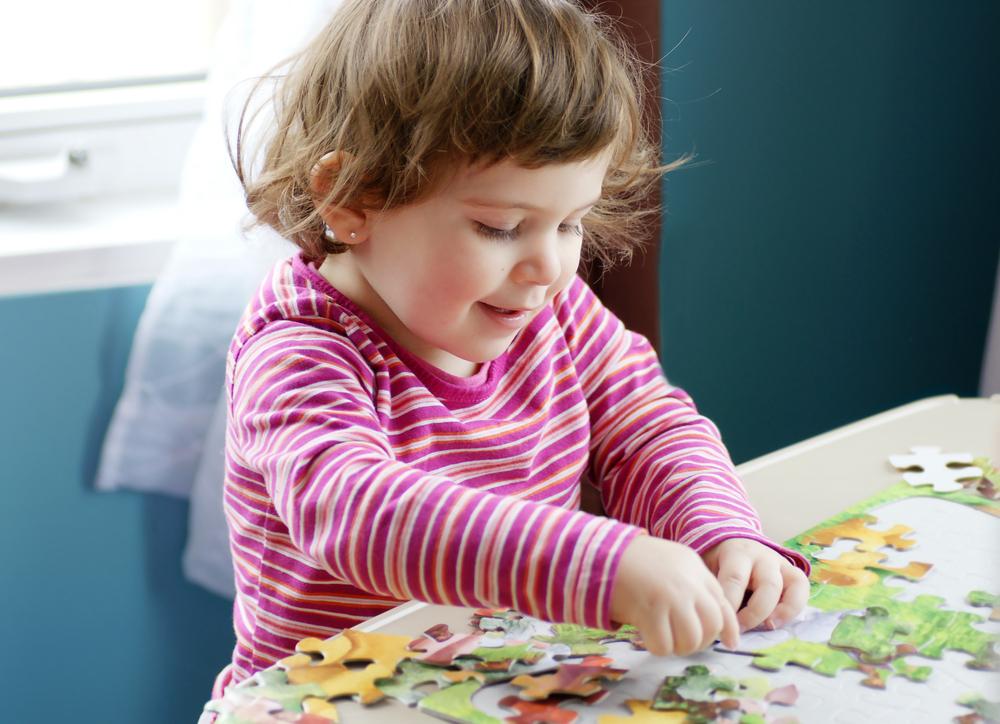Colombia's Free Early Childhood Education Initiatives Enhance Child Development and Learning
Colombia’s free preschool initiatives play a vital role in early childhood development by providing engaging, comprehensive activities that foster social, emotional, and cognitive skills. These programs integrate science, arts, physical activities, and role play to ensure children are well-prepared for school and life. Through collaborative curriculum design, Colombia emphasizes play-based learning to nurture confident, curious, and capable young learners, making significant strides towards equitable and high-quality early childhood education for all children.
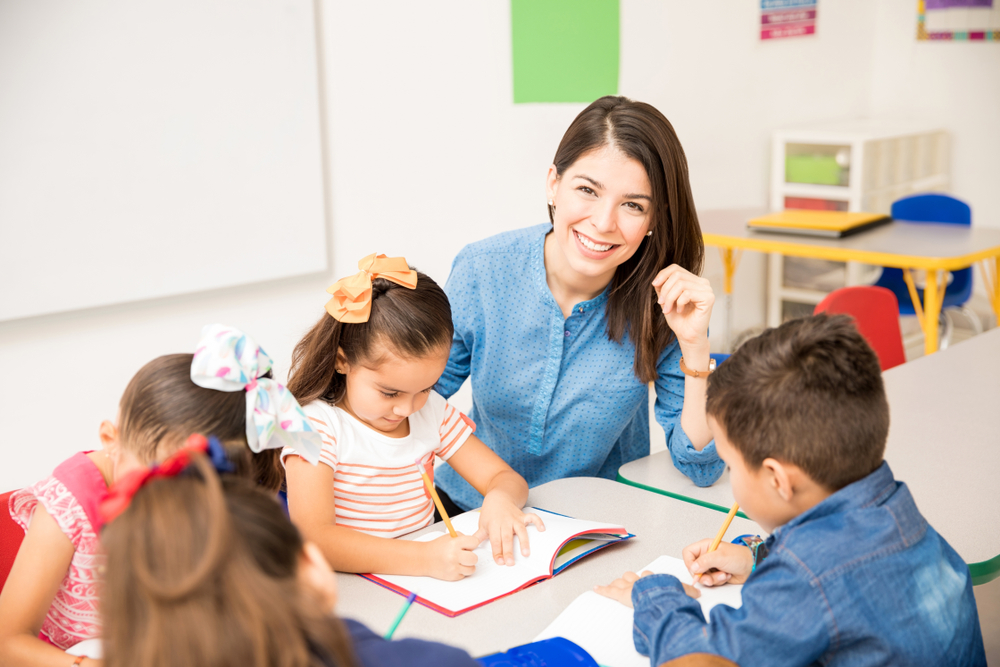
Colombia's Free Early Childhood Education Initiatives Enhance Child Development and Learning
Access to Free Preschool Education in Colombia: Promoting Holistic Child Growth
Colombia has made impressive strides in early childhood education by providing free preschool programs designed to support the comprehensive development of young children. These programs are grounded in well-defined goals and principles that guide educators and caregivers in fostering an enriching learning environment. While some teachers implement these guidelines in flexible ways, many follow detailed lesson plans, assessment frameworks, and structured activities aimed at nurturing essential social, emotional, and cognitive skills in preschoolers.
Colombia’s commitment to providing free preschool education has significantly impacted early childhood development by equipping children with fundamental skills such as language acquisition, social interaction, self-regulation, and problem-solving abilities. These programs typically include a wide variety of engaging activities designed to make learning both fun and effective. Recommended activities for young learners encompass science experiments, outdoor exploration, animal recognition, playful math exercises, physical movements, arts and crafts, and imaginative play. This diverse approach fosters both cognitive and physical growth, laying a strong foundation for future academic success.
Science Exploration: Children conduct simple experiments to learn about chemistry principles, measurement, colors, and natural phenomena, often through outdoor activities that connect children with nature.
Animal Recognition: Learning animal names and sounds enhances recognition skills and understanding of wildlife, promoting curiosity about the natural world.
Mathematical Skills: Using creative tools like playdough, sorting games, and pattern recognition helps children grasp basic concepts of counting, symbols, and comparison, building the groundwork for future math learning.
Physical Development: Activities such as hopscotch, obstacle courses, and outdoor games develop coordination, strength, and motor skills essential for overall health.
Arts and Creativity: Drawing with chalk, painting, and craft activities encourage artistic expression, fine motor skills, and spatial awareness.
Role Play and Imaginative Games: Dress-up, block building, and storytelling foster creativity, engineering skills, and problem-solving abilities, encouraging social collaboration.
Participation in these activities has proven to significantly foster:
Enhanced language skills, supporting both social interaction and academic readiness
Improved social skills, including empathy, sharing, and cooperation
Better emotional regulation and resilience in varying situations
Focused attention span and perseverance in completing tasks
Curriculum design in Colombian preschools typically involves collaboration between teachers, school administrators, and parents, ensuring alignment with preschool philosophies that emphasize a balance of structured learning and open-ended play. Experts concur that children learn most effectively through meaningful interactions with peers, educators, and family members. Play-based learning is recognized as a vital tool for building their confidence, personality, and social competence, ultimately preparing them for a successful transition into primary education.
